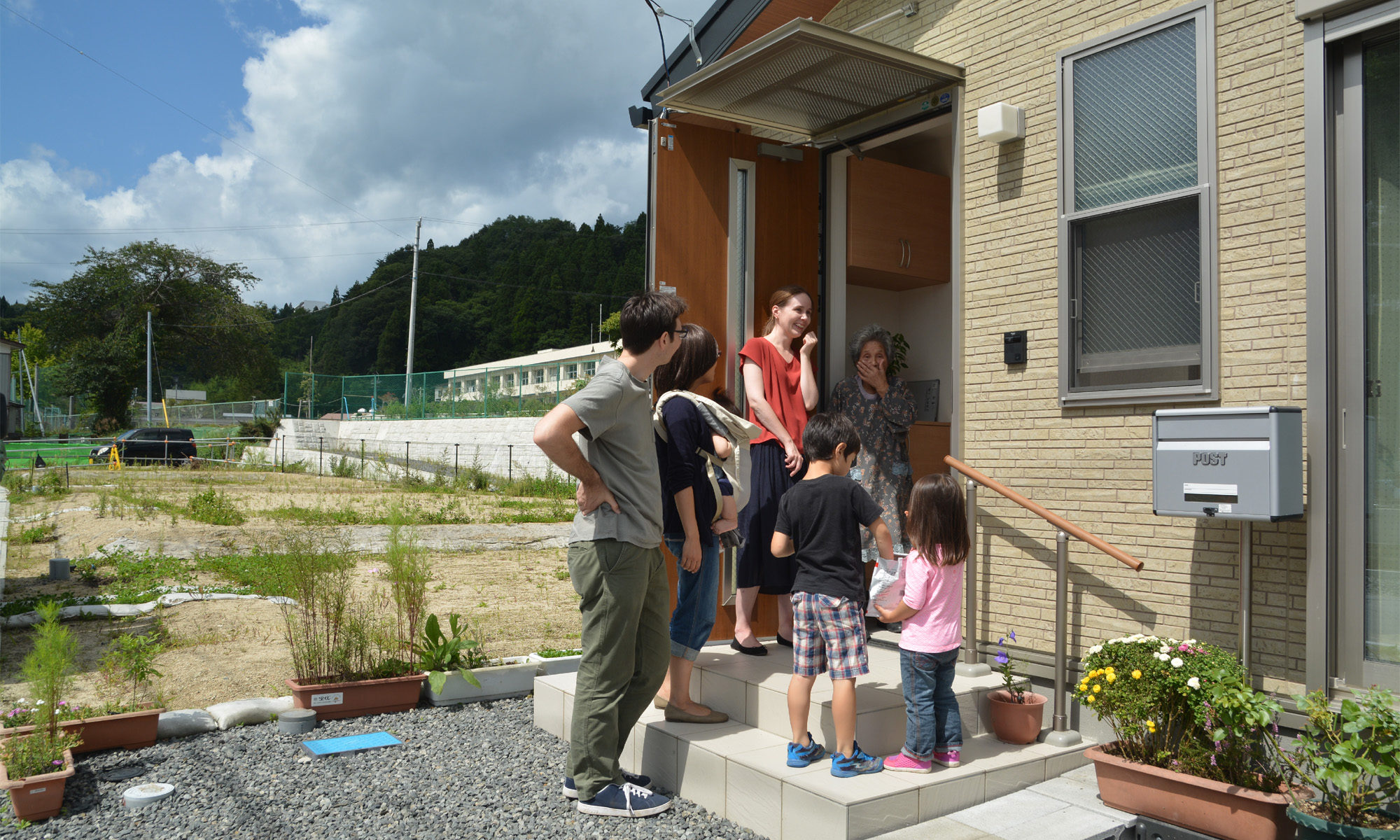Indigenous Missions is a bit of a hot topic right now. The idea is that in many cases it is more effective to support the work of national believers in a foreign country rather than sending foreign missionaries. In certain contexts this is indeed true. In many countries there is a growing, organized, Christian church full of believers eager to go into full time evangelistic ministry. But Japan is not there yet. There is a great shortage of full time workers. Pastors are in incredibly high demand because there are not enough men stepping into leadership. The Christian population is minuscule. The church has barely enough resources to survive, much less grow and expand. In fact I once asked a man who was working for an organization that is involved in indigenous missions in Asia if they were doing any work in Japan, or if he knew of any any agencies that were sponsoring indigenous missionaries in Japan. He responded that they were not, nor did he know of any. Merely sending money to Japanese believers is not enough to bring about fulfillment of the great commission. We need to send people, Christians who will give up their lives to love, serve, encourage and build up the church throughout strategic areas of Japan.
In a manner of speaking, our ultimate goal is to start an indigenous missions movement in Japan, by planting reproducing churches, discipling and training believers, ultimately sending them out to reach their fellow countrymen. Foreigners can’t reach the entire country, but we can enable and prepare national believers to. Our goal and hope is to help establish reproducing churches that grow to maturity and multiply, sending out their own into ministry to take the gospel throughout Japan.
This is essentially what has already happened in the Philippines, in part due to the faithful ministry of missionaries there. The Evangelical population has grown to the point that they are now not only reaching their own people, but sending out missionaries to reach surrounding countries. Our previous mission, SEND International has been working there for many years and recently changed gears from primarily sending foreign missionaries to the Philippines to facilitating sending Filipino missionaries throughout the world. This is really what we want to see happen in Japan one day. But to get there we need to go there, and for us to go there we need people to send us there.
If you are interested in sending us to Japan, leave us a comment, or click here.

